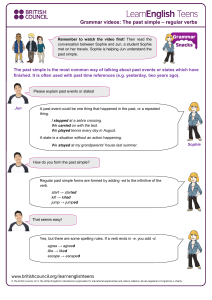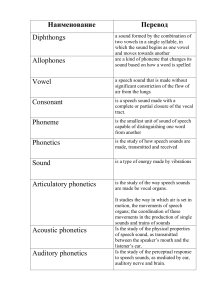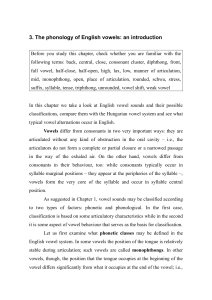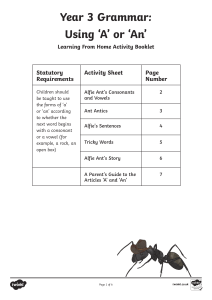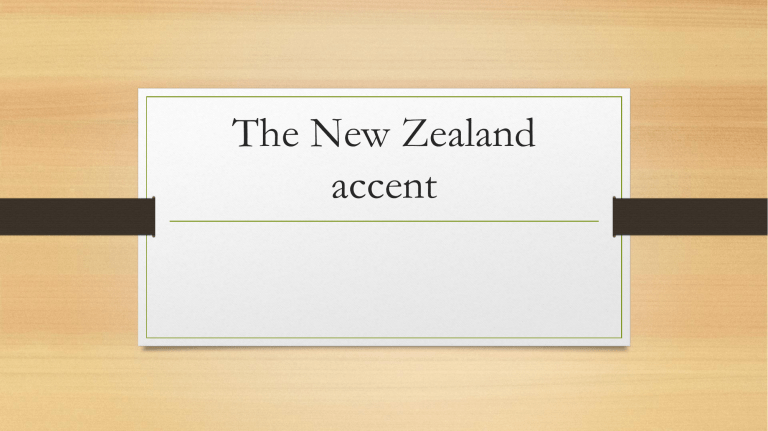
The New Zealand accent • The short vowel i, (as in the word "kit") is close to [ə] or [ɘ]. Its sound somewhat resembles the short u sound in other forms of English, and clearly contrasts with the sound [i] that can be heard in Australia; therefore, New Zealanders claim that Australians pronounce the phrase "fish and chips" as "feesh and cheeps", and Australians claim that New Zealanders pronounce "fish and chips" as "fush and chups". • The vowel sounds /ɪə/ (as in the word "near") and /eə/ (as in the word "square") merge more and more; here rhymes with there; and bear and beer, rarely and really are homophones (that is, they sound the same). • There is a binding and intrusive R in the NZA, with the exception of those who speak the so-called "southern burr dialect" (English Southland burr), characterized by a back-lingual pronunciation [r]. It is a semi-Erotic dialect influenced by Scottish English; it is mainly spoken in Southland and in some areas of Otago. Native speakers of New Zealand English who do not implement the binding and intrusive /r/ in their speech, not preceding a vowel, however, sometimes pronounce it in several words, such as Ireland and the name of the letter R. The sound /l/ is often subjected to ringing (vocalization) at the end of a syllable. The distinction between /w/, as in the word "witch" and /wh/, as in the word "which", disappears. The consonant /t/ in the position between the vowels can ring out It was too spicy actually. I hope that's what you mean. [ɪt wɒz tuː ˈspaɪsi ˈækʧʊəli. aɪ həʊp ðæts wɒt juː miːn.] You talked something naked. I understood that word. [juː tɔːkd ˈsʌmθɪŋ ˈneked. aɪ ˌʌndəˈstʊd dæt wqd.] What are you trying to say? [wɒ ɑː juː ˈtraɪɪŋ tjuː seɪ.] No, that’s right. [nə, dæts raɪt]
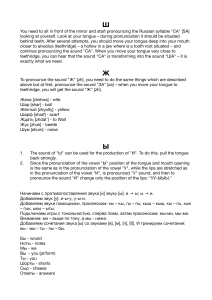



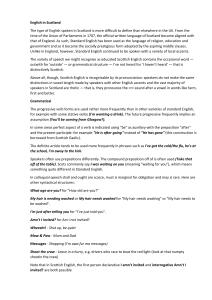
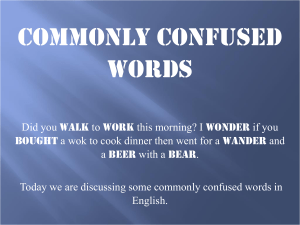
![[mi:t] meet](http://s1.studylib.ru/store/data/004721661_1-4da93f2e6695c15d6407bc94a6c7d352-300x300.png)
